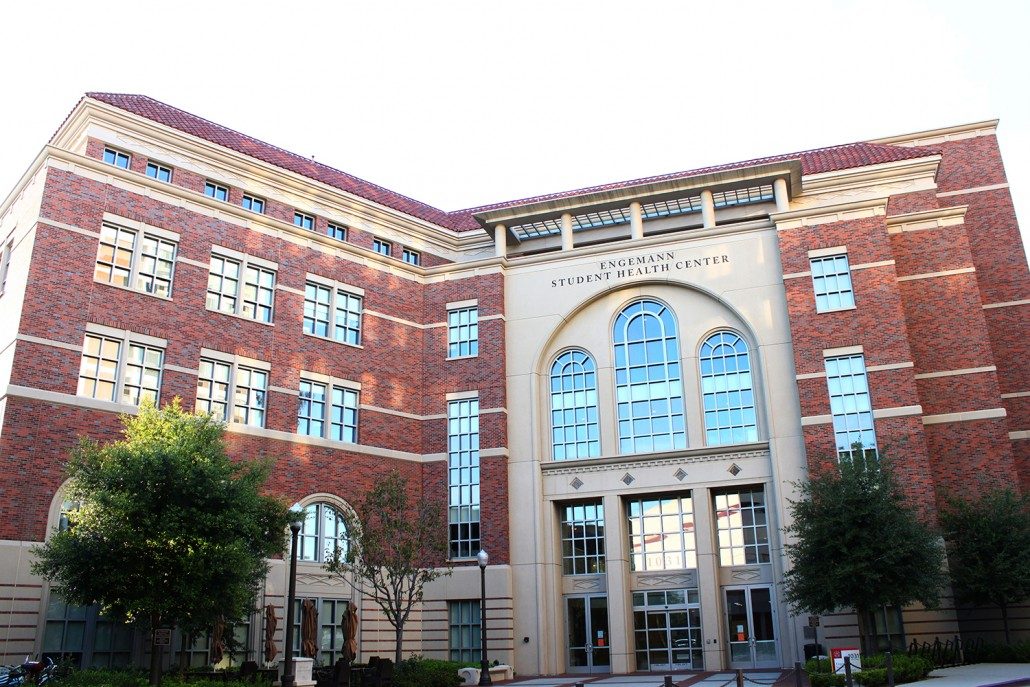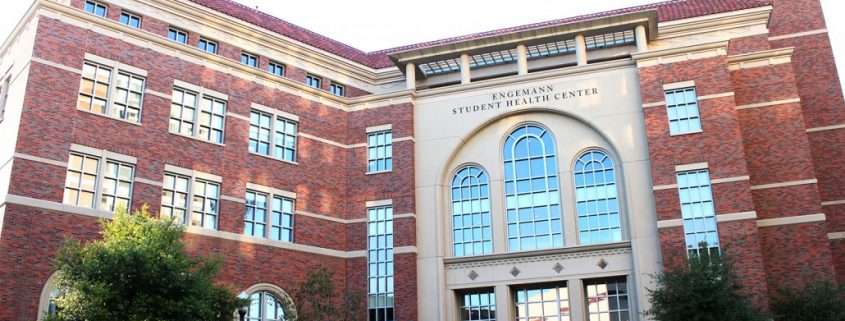USC hires lobbying firm to oppose legislation for victims of abuse

USC hired Nielsen Merksamer Parrinello Gross and Leoni LLP, a San Francisco-based lobbying firm, March 1 to oppose legislation introduced to the California Assembly that would create a one-year window for lawyers to revive cases that are time-barred by California’s statute of limitations.
In a statement to the Daily Trojan, the University wrote, “Universities routinely contract with lobbying firms to assist with policy or legislative matters.”
In February, USC filed an agreement to settle a $215 million class-action lawsuit, which detailed the amounts that are to be distributed to all former patients of former campus gynecologist George Tyndall, who has been sued for sexual assault and misconduct by more than 650 women through state and federal courts. The allegations made against Tyndall first came to light last May in a Los Angeles Times investigation, which detailed decades of abuse while Tyndall was employed at the Engemann Student Health Center.
With the firm, the University is working to lobby against Assembly Bill 1510, which was introduced by Assemblymember Eloise Gomez Reyes of Grand Terrace Feb. 22. If passed, AB 1510 would allow victims of Tyndall’s abuse to seek claims, despite the previously established statute of limitations.
The current statute of limitations is determined by AB 1619, which was put into effect on Jan. 1, extends the statute for adult victims of sexual assault from two to 10 years after the assault. The bill also grants adult victims up to three years to file suit after discovery for actions.
According to the bill, the one-year window issued by AB 1510 would be made only for claims for damages “arising out of sexual assault or misconduct by a physician occurring at a student health center.” Victims whose claims expire prior to Jan. 1, 2020, would have until Jan. 1, 2021, to file their lapsed claim for damages.
AB 1510 can apply to the plaintiffs seeking to file suit in the Tyndall case, as well as the 21 plaintiffs who have come forward against former campus men’s sexual health doctor Dennis Kelly and the University. According to the complaint obtained by the Daily Trojan, these plaintiffs, most of whom identify as gay or bisexual, alleged that Kelly sexually harassed them during appointments at Engemann.
According to Assembly Judiciary Committee Chair Mark Stone’s policy analysis, which was presented during a hearing of AB 1510 April 9, the bill can potentially bring claims that have been voided due to the current statute of limitations.
“While the bill does not name USC or Dr. Tyndall, the bill clearly seeks to allow the USC victims, in particular, to revive claims barred by the statute of limitations in effect,” Stone wrote in his analysis, which was obtained by the Daily Trojan. “Sponsored by the Consumer Attorneys of California, the bill has the support of several consumer, civil rights and women’s groups.”
Stone wrote that the University opposes AB 1510 because the bill might “disrupt” the pending federal class-action settlement.
“[It would be] in part by encouraging members of the class to opt out of the settlement in order to bring or join a separate civil action,” Stone wrote. “[The bill] creates a one-year window in which certain victims of sexual assault may revive claims for damages that are otherwise time-barred by a statute of limitations.”
According to Stone’s documents, USC officials responded to the court in a letter of opposition to AB 1510, claiming it would interfere with the University’s settlement and compensation distribution.
“[The bill is] a blatant attempt to interfere with the proposed federal settlement and all the beneficial provisions found within the settlement,” USC wrote. “The federal settlement includes a monetary remedy for every single member of the class regardless of whether the claim is facially barred by the statute of limitations.”
According to Stone’s analysis, USC wrote that while University officials appreciate the intention of AB 1510, the bill would bring harm to individuals in the settlement.
“[Though] California has led the nation in enacting progressive legislation in support of survivors of sexual assault and sexual misconduct … The proposed legislation [AB 1510] is unnecessary and harmful to California plaintiffs,” USC wrote.
Stone said that the legislature should consider the complexity behind sexual assault claims.
“In recent years, the legislature has attempted to take account of the fact that typical statutes of limitation — which require a plaintiff to bring an action within a reasonable period of time — fail to accommodate the complex and delayed process of dealing with, and sometimes even remembering, sexual abuse and assault,” Stone wrote.
In a statement to the Daily Trojan, Gloria Allred, a women’s rights attorney representing 62 plaintiffs in the Tyndall case, said hiring the lobbying firm worsens the harm done to victims.
“It is despicable that for decades, USC allowed Dr. Tyndall to sexually assault young USC students for whom USC had responsibility, and that now, to make matters worse, USC is hiring a lobbyist to try to prevent legislation which would allow many victims to recover damages which resulted from USC[’s] own malfeasance,” Allred wrote.
John Manly, an attorney representing several other victims, said it is unfortunate that USC hired the same firm that USA Swimming hired to lobby against bills that aimed to protect swimmers from “predatory” coaches.
Manly said lobbying against the legislation would harm victims who spoke out after the statute of limitations expired.
“These women didn’t come forward earlier, not because they sat on their rights, but because they didn’t know that what Tyndall was doing was abuse,” Manly said. “He was a really effective and pernicious perpetrator … There is a mountain of evidence the University knew, and [USC] covered it up.”
According to Consumer Attorneys of California, AB 1510’s sponsor, the bill would provide victims the opportunity to seek justice against the University and Tyndall.
“[It] will give sexual assault student victims … a chance to have their civil claims heard in court by clearly reviving potentially lapsed claims for a short period of one year,” the CAOC wrote in its letter of support of the bill. “USC’s failure to investigate and address complaints of Dr. Tyndall’s sexual assault on students allowed him to continue to assault hundreds of students over the years. These victims need justice.”

